WhatsApp is the most popular messaging app around the world, with 2.78 billion monthly users — a figure that is expected to reach over 3 billion in 2025. This popularity makes WhatsApp a prime target for scammers seeking to deceive victims, and steal money and personal information. Below we’ve provided a rundown of the 12 most common WhatsApp scams users should be aware of.
WhatsApp Scams: The Dirty Dozen
- WhatsApp Gold Hoax
- Family Impersonation and Loved Ones in Need
- Fake Gift Card and Survey Scams
- Lottery and Giveaway Frauds
- Job Offer Scams
- Romance Scams
- Verification Code Frauds
- Call Forwarding Tricks
- Wrong Number Deceptions
- Charity Scams
- WhatsApp Tech Support Impersonation
- Fake Security Alerts
1. WhatsApp Gold Hoax
This scam often involves receiving a message claiming to offer an exclusive version of WhatsApp called “WhatsApp Gold” with enhanced features. The message may prompt you to click a link to download or upgrade to this version. However, clicking the link can lead to a fake website that either attempts to steal your personal information or installs malware on your device.
2. Family Impersonation and Loved Ones in Need
Impersonators pose as family members to lure in the victim. Often, they will request financial assistance. A common example is the “hi mum daughter scam”.
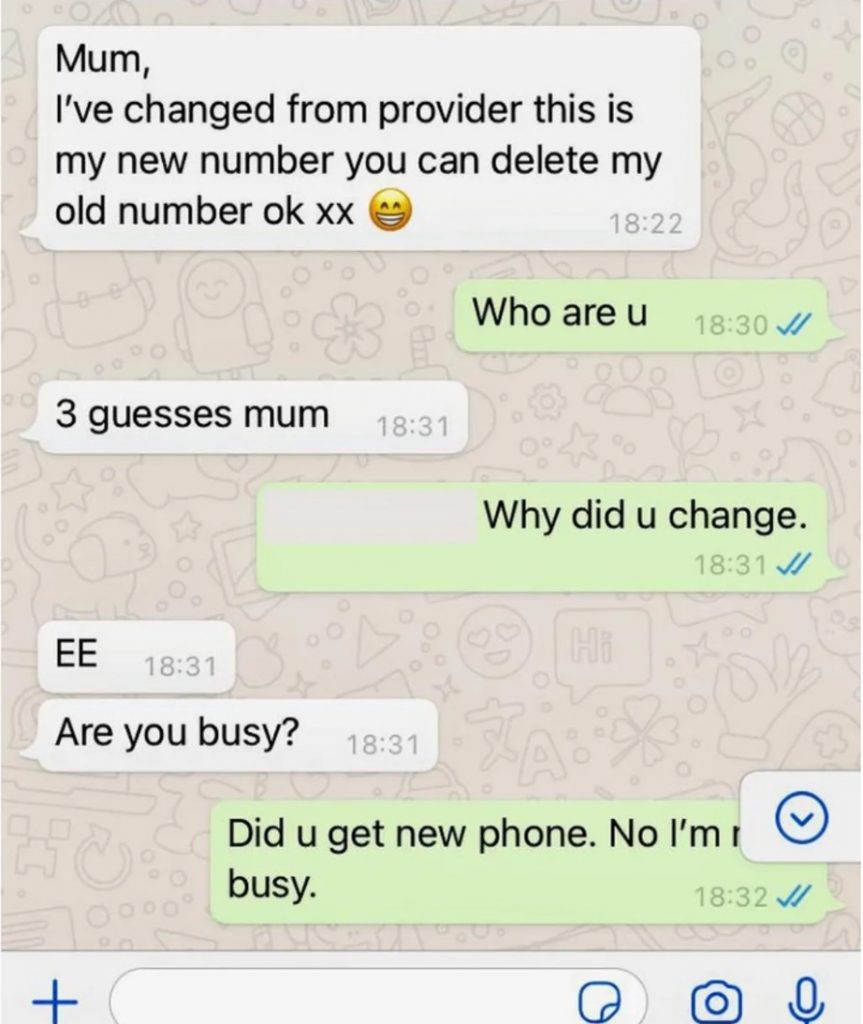

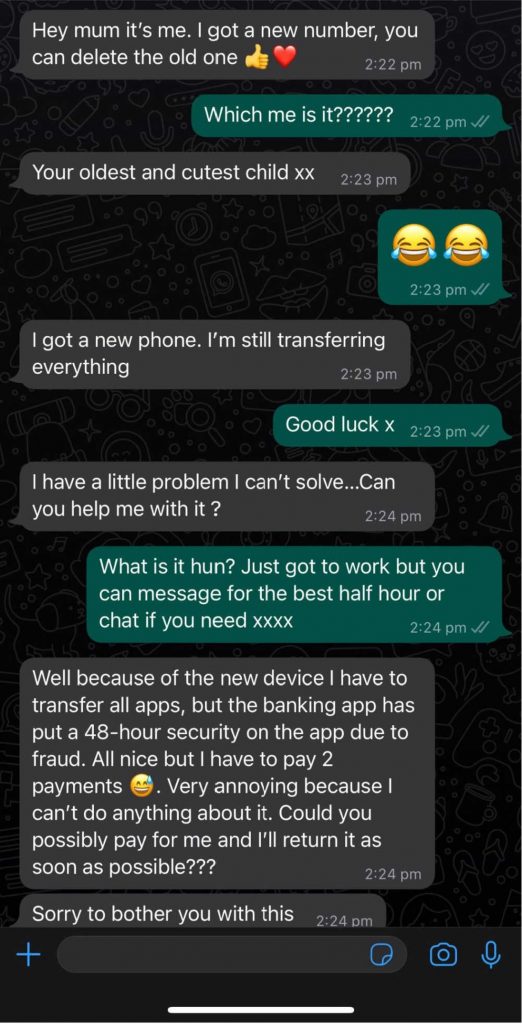
3. Fake Gift Card and Survey Scams
Scammers send messages promising free gift cards or prizes in exchange for completing surveys. Clicking on the provided links may lead to fake websites designed to collect personal information or install malware on your device.
4. Lottery and Giveaway Frauds
Scammers notify individuals of winning a lottery or prize giveaway, urging them to click on links or provide personal information to claim their prize. These scams aim to trick users into divulging sensitive information or installing malicious software.
5. Job Offer Scams
Scammers offer enticing job opportunities with high salaries, requesting personal information or fees for application, which are then used for identity theft or financial fraud.
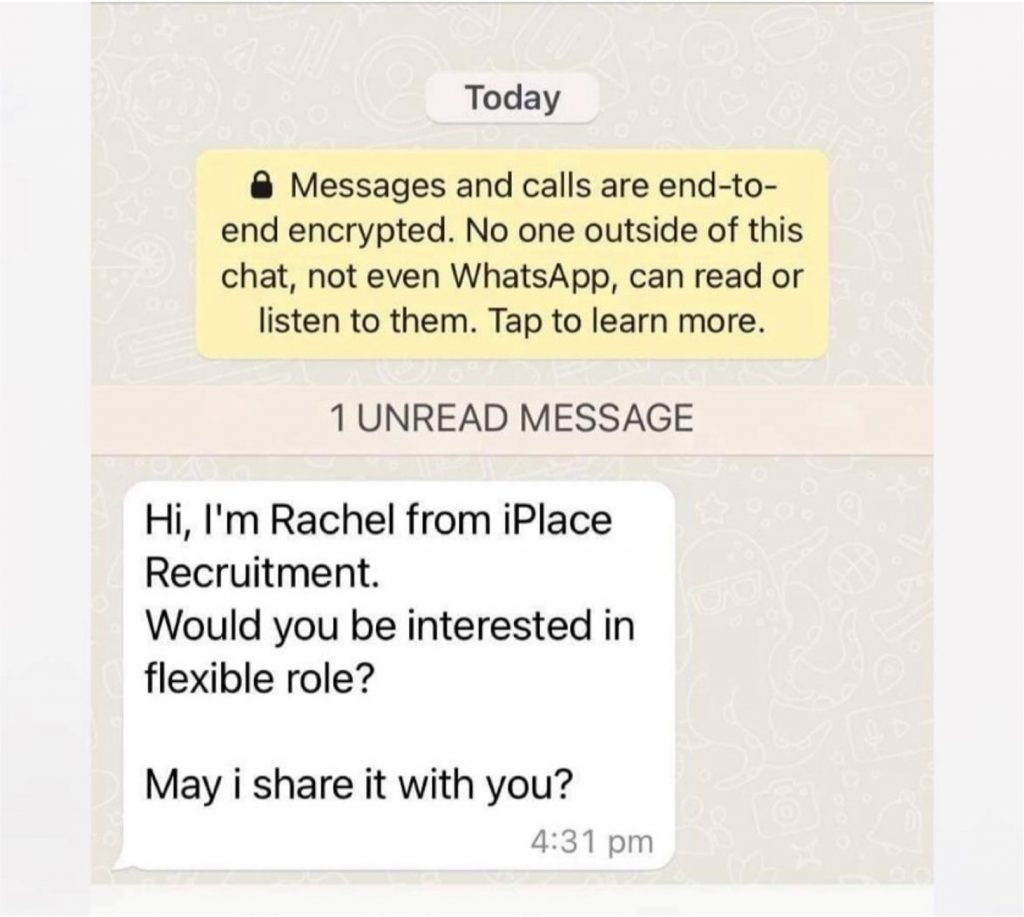
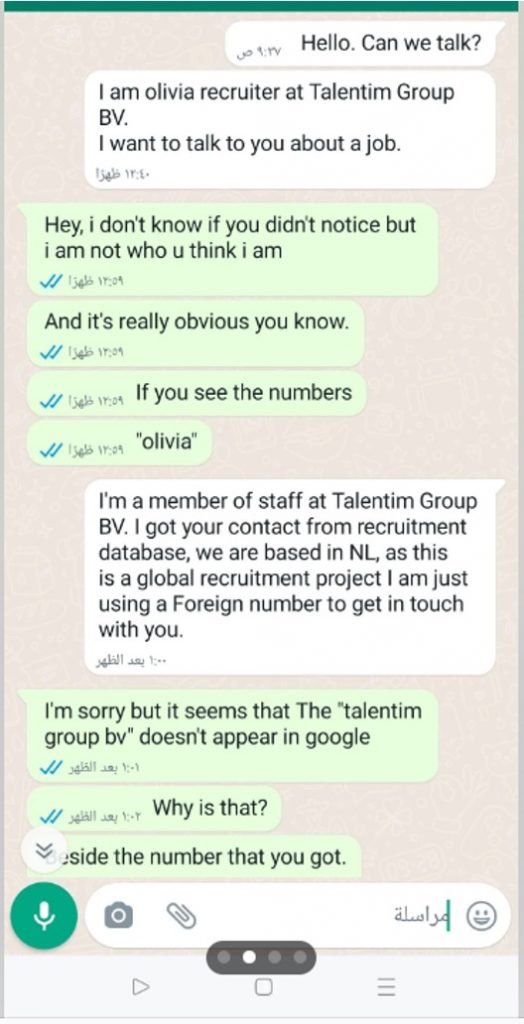
6. Romance Scams
These scams involve building romantic relationships online and then fabricating emergencies to solicit money from victims under false pretenses.
7. Verification Code Frauds
Scammers falsely claim to have entered your phone number by mistake and request verification codes sent to your phone. They use these codes to take control of your WhatsApp account.
8. Call Forwarding Tricks
Scammers convince victims to call a specified number, enabling call forwarding from your phone to a number controlled by the scammer. This allows them to gain access to your WhatsApp account.
9. Wrong Number Deceptions
Scammers initiate conversations with unknown numbers, claiming familiarity and attempting to engage victims in dialogue to extract personal information. Common examples include a claimed mutual friend or an attempt to set up a business meeting.
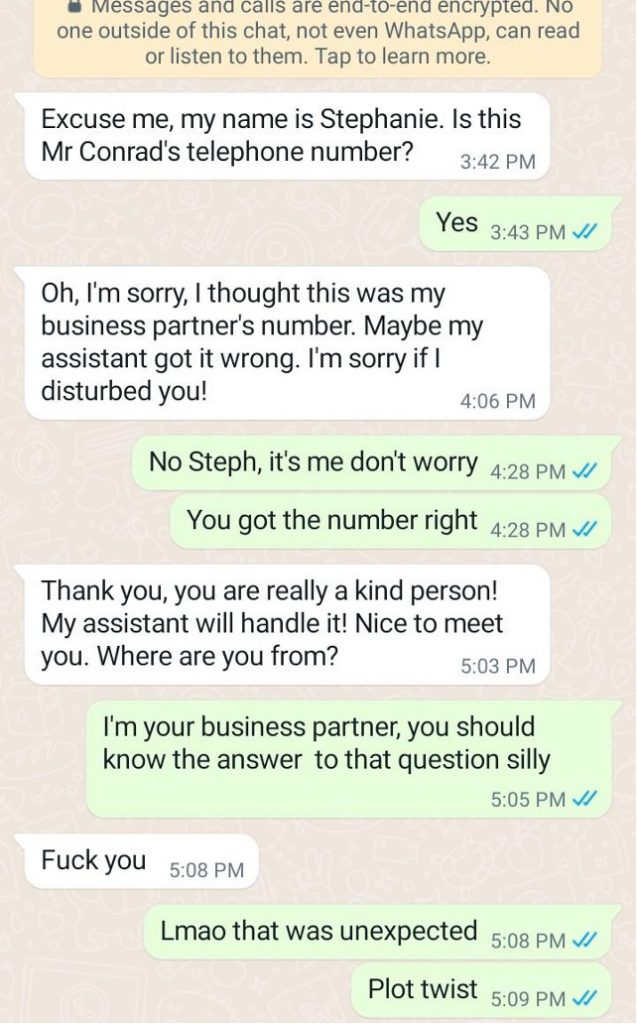
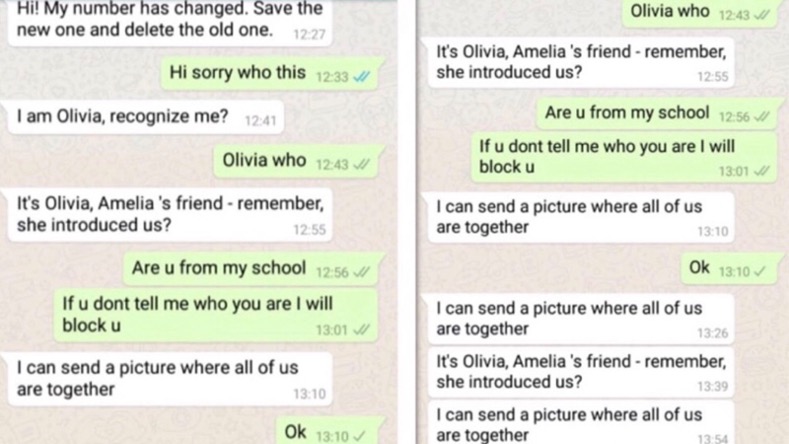
10. Charity Scams
Fraudsters impersonate representatives of legitimate charities to solicit donations, directing funds to their own accounts.
11. WhatsApp Tech Support Impersonation
Scammers pose as WhatsApp support representatives and reach out to users, claiming there are issues with their accounts. They may request sensitive information such as account verification codes, credit card details, or other personally identifiable information under the guise of assisting with account verification.
12. Fake Security Alerts
Scammers send fake security alerts pretending to be from banks, requesting banking details under the guise of addressing fraudulent activity.
Watch Out for These Red Flags
While WhatsApp scams can vary in their approaches, they typically exhibit certain recognizable traits. Here are the key indicators of a potential WhatsApp scam:
- Receiving unsolicited text messages from unfamiliar numbers
- Messages that insist on immediate action or urgency
- Texts containing noticeable spelling and grammatical errors
- Requests for money or personal information without valid reasons
- Messages containing suspicious links or attachments
- Notifications claiming you’ve won a lottery, prize, gift, or coupons without prior participation
Be sure to enable 2FA and never open strange links. When in doubt, ignore unknown numbers and follow your instinct.
Protecting Your Identity and Personal Info
Compromised personal data can have serious consequences, including identity theft, financial fraud, and job losses. The best thing you can do is a) have reliable cybersecurity protection, and b) ensure you will find out ASAP in the event of being affected. We would encourage readers to head over to our new ID Protection platform, which has been designed to meet these challenges.
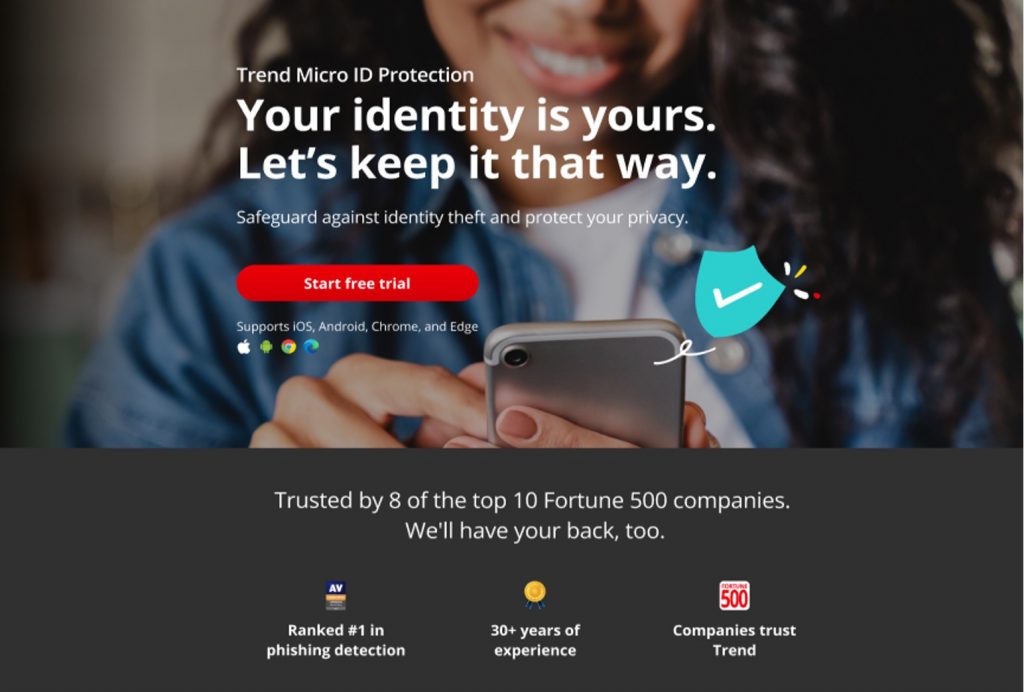
With ID Protection, you can:
- Check to see if your data (email, number, password, credit card) has been exposed in a leak, or is up for grabs on the dark web;
- Secure your social media accounts with our Social Media Account Monitoring tool, with which you’ll receive a personalized report;
- Create the strongest tough-to-hack password suggestions from our advanced AI (they’ll be safely stored in your Vault);
- Enjoy a safer browsing experience, as Trend Micro checks websites and prevents trackers.
- Receive comprehensive remediation and insurance services, with 24/7 support.
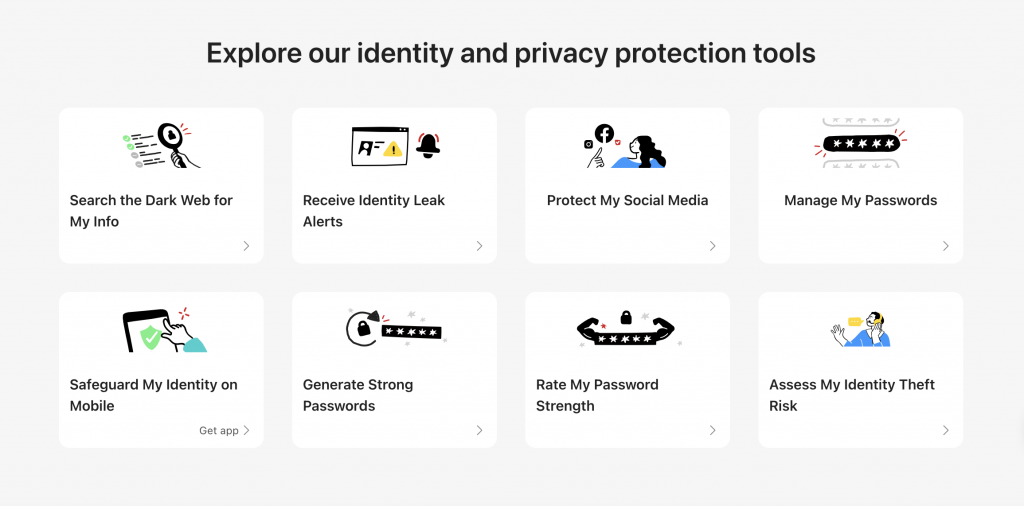
Offering both free and paid services, ID Protection will ensure you have the best safeguards in place, with 24/7 support available to you through one of the world’s leading cybersecurity companies. Trend Micro is trusted by 8 of the top 10 Fortune 500 Companies — and we’ll have your back, too.
Why not give it a go today? As always, we hope this article has been an interesting and/or useful read. If so, please do SHARE it with family and friends to help keep the online community secure and informed — and consider leaving a like or comment below. Here’s to a secure 2024!
1 Comments
- By Randall Torres | May 4, 2024
